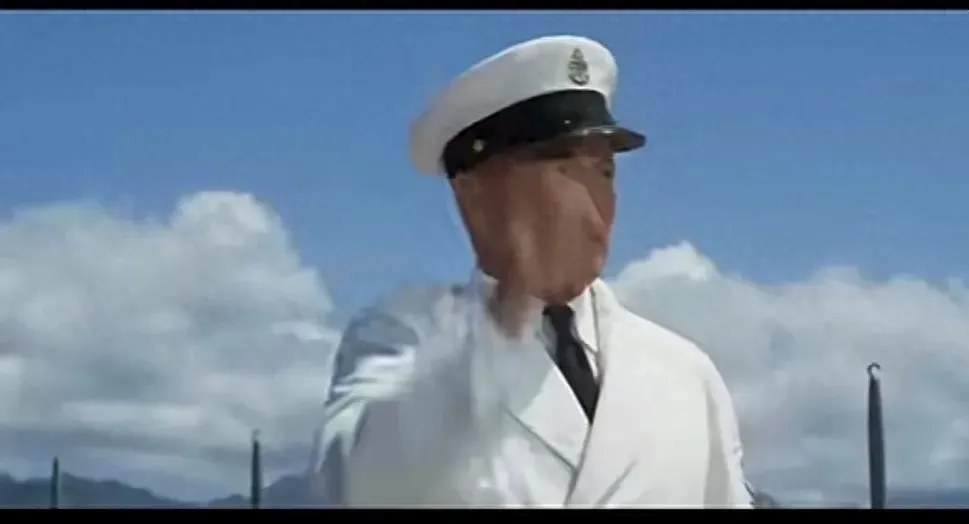The Absurdity and Reality in “Tora! Tora! Tora!”: A Multifaceted Interpretation of War and Humanity
The film “Tora! Tora! Tora!” offers a unique perspective and delivers impactful scenes depicting the historical event of the Japanese attack on Pearl Harbor during World War II. One particular scene has garnered significant attention and discussion: as the Japanese aircraft carrier fleet launched its assault on Pearl Harbor, the U.S. Navy band was conducting its morning musical exercises. As bombs began to fall, the bandleader chose to accelerate the tempo until the piece concluded, only then hastily abandoning the deck.
This scene not only showcases the absurdity and surreal nature of war but also prompts profound reflections on humanity and culture.
The Band Plays On: Defiance in the Face of War
Under the immense pressure of war, these naval officers chose to remain at their posts, completing their daily ritual. This act can be seen as a form of resistance against the overwhelming stress of war, as well as a preservation of their identity and honor. To some extent, this behavior reflects their helplessness in the face of war and their attempt to find psychological comfort and support through routine activities.
Bridging Divides: Cultural Exchange Amidst Conflict
The scene also indirectly reveals the complex relationship between Japan and the United States. Despite being adversaries in war, the two countries have engaged in cultural and artistic exchange. For instance, Japan and the United States co-produced “Tora! Tora! Tora!”, presenting different perspectives on the multifaceted nature of war. Such collaboration not only fosters mutual understanding and communication between the people of both nations but also offers more dimensions and perspectives for interpreting historical events.
The Potential of Sino-American Collaboration
In contrast, Sino-American collaboration in film and television is relatively limited. Despite the rich historical and cultural resources of both countries, cooperation in areas such as film and television series remains scarce. This, to some extent, restricts mutual understanding and communication between the people of the two nations. Therefore, some argue that China and the United States should strengthen cooperation in film and television, such as co-producing a film about the Battle of Triangle Hill. This would not only promote mutual understanding between the people of both countries but also contribute to the inheritance and interpretation of historical events.
Cultural Nuances: Understanding Differences
The scene in “Tora! Tora! Tora!” also sparks reflection on cultural differences. An American-born niece might find it puzzling to understand the Chinese respect for flag-raising ceremonies and national anthems. These cultural differences are not only reflected in the importance placed on rituals and traditions but also in the interpretation of war and history. Therefore, by strengthening cultural exchange and cooperation, we can not only enhance mutual understanding between the people of both countries but also deepen our understanding of history and reality.
Conclusion: A Reflection on Humanity and Culture
The scene in “Tora! Tora! Tora!” is not merely a record of a war scene but a multifaceted interpretation of humanity and culture. It reminds us that in the fog of war, the brilliance and absurdity of humanity coexist; in the differences between cultures, mutual understanding and respect are the foundation for building harmonious relationships.
